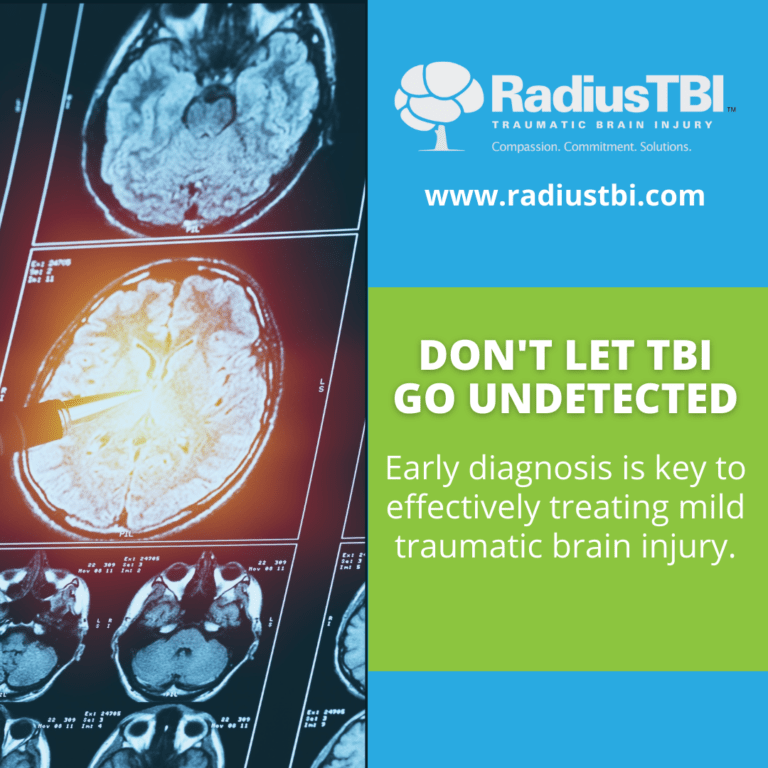Understanding the Causes of the Bump on the Back of the Head
Radius TBI’s Life-Changing Medical Expert Team for Head Injured Victims.
Discovering a bump on the back of the head can be concerning, especially for individuals who have previously experienced head injuries. At Radius TBI in Ft. Lauderdale, Tampa and Orlando, FL, patients who have suffered head injuries can benefit from specialized integrated medical care that focuses on comprehensive evaluation, treatment, and rehabilitation.
Common Causes of Bumps on the Back of the Head:
Traumatic Injury: A bump on the back of the head can result from a traumatic injury, such as a fall, sports-related impact, or accident. It is crucial to seek medical attention to assess the severity of the injury and identify any underlying complications, such as a concussion or skull fracture.
Hematoma: A hematoma refers to the accumulation of blood under the skin. When a head injury occurs, blood vessels can rupture, leading to the formation of a bump or swelling on the back of the head. Immediate medical evaluation is necessary to determine the extent of the hematoma and prevent potential complications.
Sebaceous Cyst: Sebaceous cysts can develop on the scalp, including the back of the head. These cysts result from the blockage of hair follicles or oil glands, leading to a raised bump. While sebaceous cysts are generally harmless, they may require medical attention if they become infected or cause discomfort.
Integrated Medical Care for Patients with Head Injuries in Ft. Lauderdale, Tampa, and Orlando, FL:
Integrated medical care plays a crucial role in providing comprehensive evaluation, treatment, and rehabilitation for patients who have suffered head injuries, including bumps on the back of the head. In Ft. Lauderdale and Tampa, Florida, specialized medical facilities offer a range of integrated care services, including:
Expert Evaluation: Experienced healthcare professionals, such as neurologists and specialists in traumatic brain injury (TBI), conduct thorough evaluations to diagnose the underlying cause of the bump and assess any associated injuries or complications.
Advanced Imaging: Utilizing advanced imaging technologies, such as CT scans or MRI, healthcare providers can obtain detailed images of the head to aid in accurate diagnosis and guide appropriate treatment plans.
Personalized Treatment: Integrated medical care emphasizes individualized treatment plans tailored to each patient’s specific needs. This may involve a combination of medication management, pain relief strategies, wound care, and, if necessary, surgical interventions.
Rehabilitation Programs: Comprehensive rehabilitation programs, including physical therapy, occupational therapy, and cognitive therapy, are essential components of integrated medical care. These programs aim to restore optimal functioning, improve mobility, and enhance cognitive abilities, promoting a successful recovery.
Ongoing Support: Integrated medical care prioritizes continuous support for patients throughout their recovery journey. This includes regular follow-up appointments, monitoring of progress, and access to counseling services to address any emotional or psychological challenges.
Discovering a bump on the back of the head can be a cause for concern, particularly for individuals who have experienced head injuries in the past. Radius TBI in Ft. Lauderdale and Tampa, FL, integrated medical care offers specialized services to patients, focusing on comprehensive evaluation, treatment, and rehabilitation.
By seeking immediate medical attention and utilizing integrated care, individuals can receive the necessary support and treatment to address bumps on the back of the head, promote healing, and enhance their overall well-being.
If you or someone you know experiences a bump on the back of the head, it is crucial to seek medical evaluation and consult with healthcare professionals specializing in the treatment of head injuries.
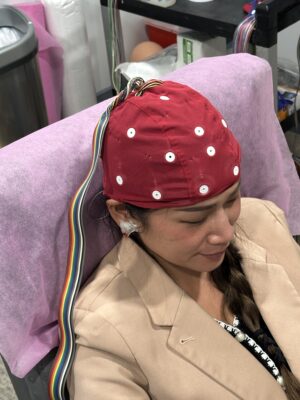
QEEG Brain Map Interpretation
In the world of neuroscience, one of the advanced tools used to understand brain function is the Quantitative Electroencephalogram (QEEG), often referred to as brain mapping. But who interprets these intricate brain maps, and why is their expertise crucial?
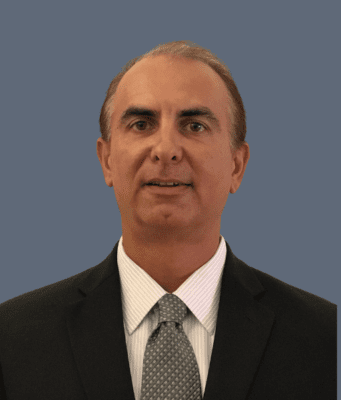
Meet Our No.1 Best Neuropsychologist in Tampa, FL Location
At Radius TBI, we pride ourselves on providing exceptional care for individuals suffering from traumatic brain injuries (TBI) and concussions. Our integrated medical team in Tampa, FL, includes some of the most respected and experienced professionals in the field, ensuring

Sleep Disturbance
Did you know? Dealing with a traumatic brain injury (TBI) often means navigating a range of complications, one of the most prevalent being sleep disturbances. Surprisingly, 30-70% of individuals with a TBI experience some form of sleep disruption according to
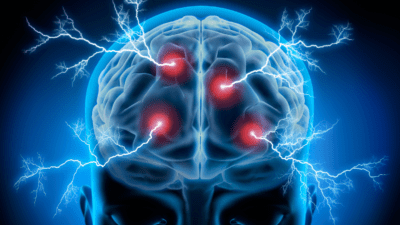
Understanding Routine EEG, QEEG, and Ambulatory EEG Tests
EEG, QEEG, and Ambulatory EEG are distinct forms of electroencephalography, each serving unique purposes in the diagnosis and monitoring of neurological conditions.
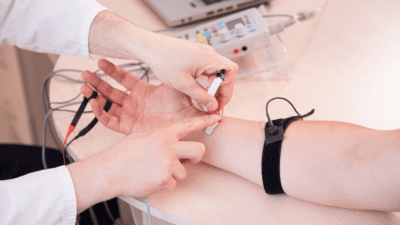
A Deep Dive into Electromyography (EMG Test): Decoding the Language of Muscles and Nerves
Electromyography (EMG) is a diagnostic procedure that plays a crucial role in unraveling the intricacies of the neuromuscular system. By measuring the electrical activity within muscles and the nerves controlling them, EMG provides valuable insights for the diagnosis and management



